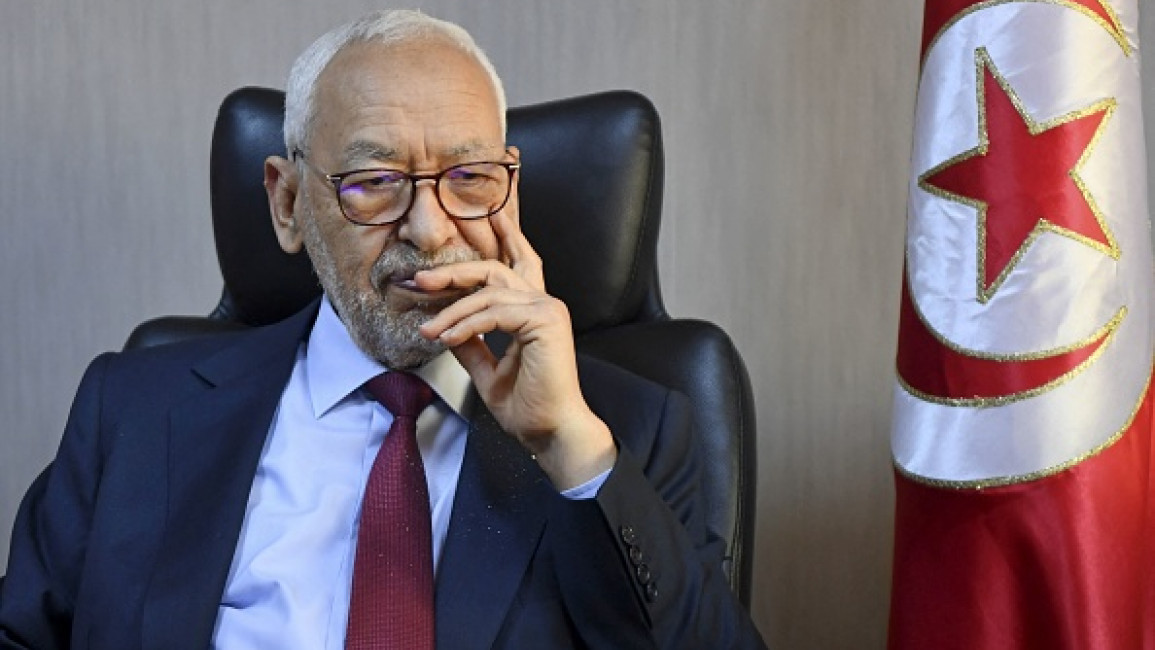EU delegation meets ousted parliament speaker Ghannouchi in Tunisia after Saied power grab
A delegation of the European Parliament's Committee on Foreign Affairs (AFET) met with ousted Tunisian Speaker Rached Ghannouchi during a visit to the North African country earlier this week.
Sources in Tunisia who spoke to Arabi21 on condition of anonymity confirmed the meeting took place, adding that it was to follow up on recent developments in Tunisia followed President Kais Saied’s power grab.
Last July, Saied sacked Tunisian Prime Minister Hichem Michechi and suspended the elected parliament. At the end of last month, he permanently dissolved parliament after it tried to meet.
The committee, whose four-day visit ends Wednesday, was led by German Michael Gahler, and includes Spaniard Javier Nart, Swede Jacob Dalunde and Italian Andrea Cozzolino.
AFET stressed the need to respect the "principles of partnership" and pluralism in the road map announced by Saied last year, and called for dialogue and as well as the protection of civil rights.
The committee also met with current Tunisian Prime Minister Najla Bouden on Monday, as well as representatives from various political parties and civil society groups.
It said that the European Parliament could support Tunisia in preparing for parliamentary elections scheduled for December this year, and give special attention to the worsening financial and economic crisis in the country.
Tunisia's political crisis: Between autocracy and economic collapse
— The New Arab (@The_NewArab) April 10, 2022
✍️@AlessandraBajec https://t.co/WvUJ0wtDzu
Maher Al-Mathyob, an assistant to Ghannouchi, said that the country's problems would have to be solved internally first and foremost, saying that the political crisis could only be solved is with the participation of all Tunisians, particularly those elected to parliament.
Earlier this month, Ghannouchi – head of the moderate Islamist Ennahda party which was the largest bloc in the now-dissolved legislature – was summoned for questioning for "conspiracy against state security" after lawmakers met online.
He was accused of "having plotted against state security."
Many blame Ennahdha - which has dominated Tunisia's post-revolution politics - for the political stalemate and economic problems faced over the past decade.
But President Saied's moves since last year have prompted accusations that he is taking Tunisia back towards autocracy. His opponents have called his power-grab a "coup".



